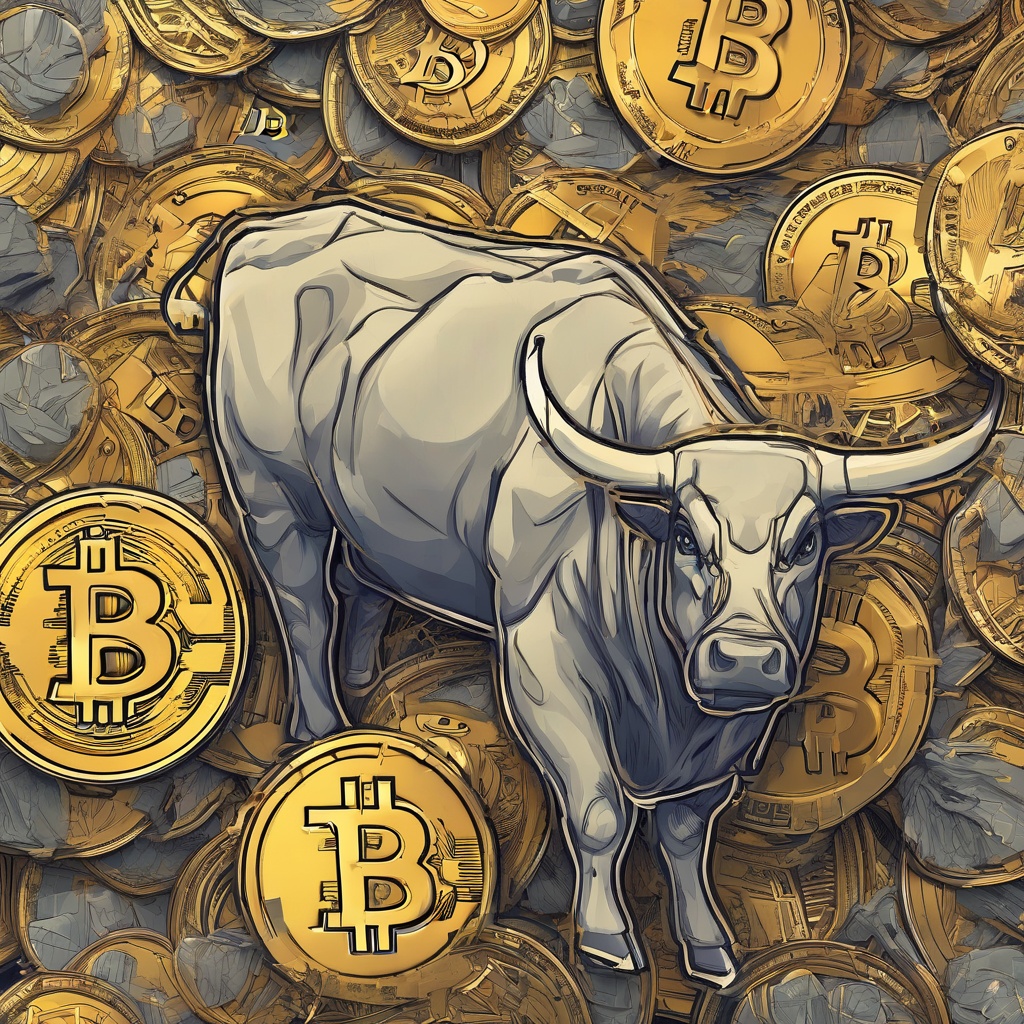What happens if a bitcoin transaction exceeds a block capacity?
I'm curious to know, in the context of Bitcoin's blockchain technology, what precisely happens when a transaction attempts to exceed the capacity of a block? Does this mean the transaction simply fails to be included in the block and is pushed to the next available block? Or does it result in some sort of penalty or delay for the sender? Additionally, how does the Bitcoin network handle such occurrences to ensure the integrity of the blockchain and the smooth flow of transactions? I'm interested in understanding the mechanisms behind how Bitcoin deals with this potential issue and how it impacts the overall efficiency and scalability of the network.

What happens if a cryptocurrency exceeds its available supply?
In the realm of cryptocurrency and finance, a question often arises regarding the implications of a cryptocurrency exceeding its intended supply. Cryptocurrencies are often designed with a predetermined and limited supply, meant to act as a deterrent against inflation and maintain the value of the coin. However, what happens if, due to a technical glitch, a fork, or some other unforeseen event, the supply of a cryptocurrency suddenly exceeds its intended limit? Could this lead to a devaluation of the coin? Might it disrupt the delicate balance of the entire crypto-ecosystem? How would the market react, and what steps would need to be taken to restore stability? Understanding the potential implications of such a scenario is crucial for investors, traders, and enthusiasts alike.

